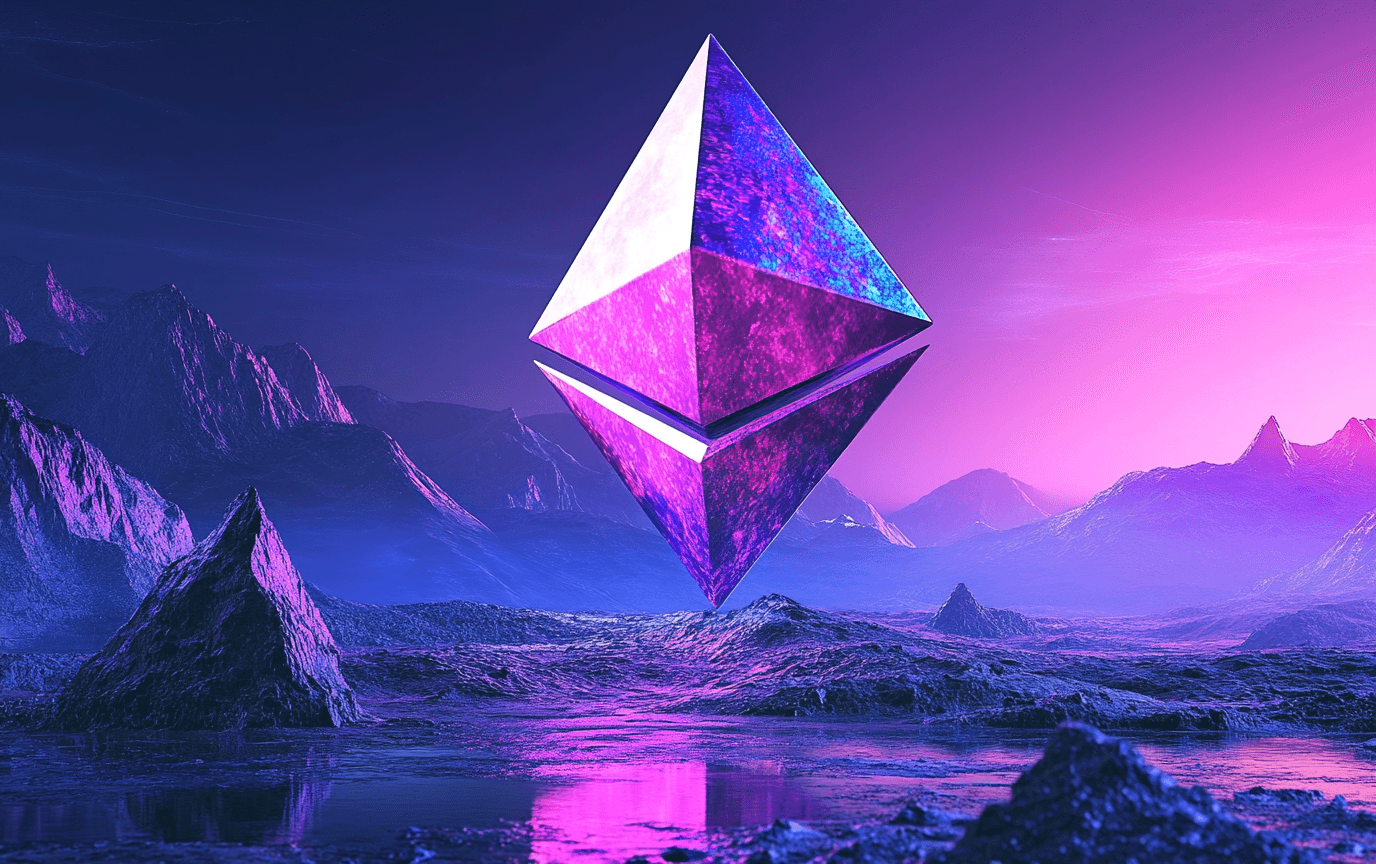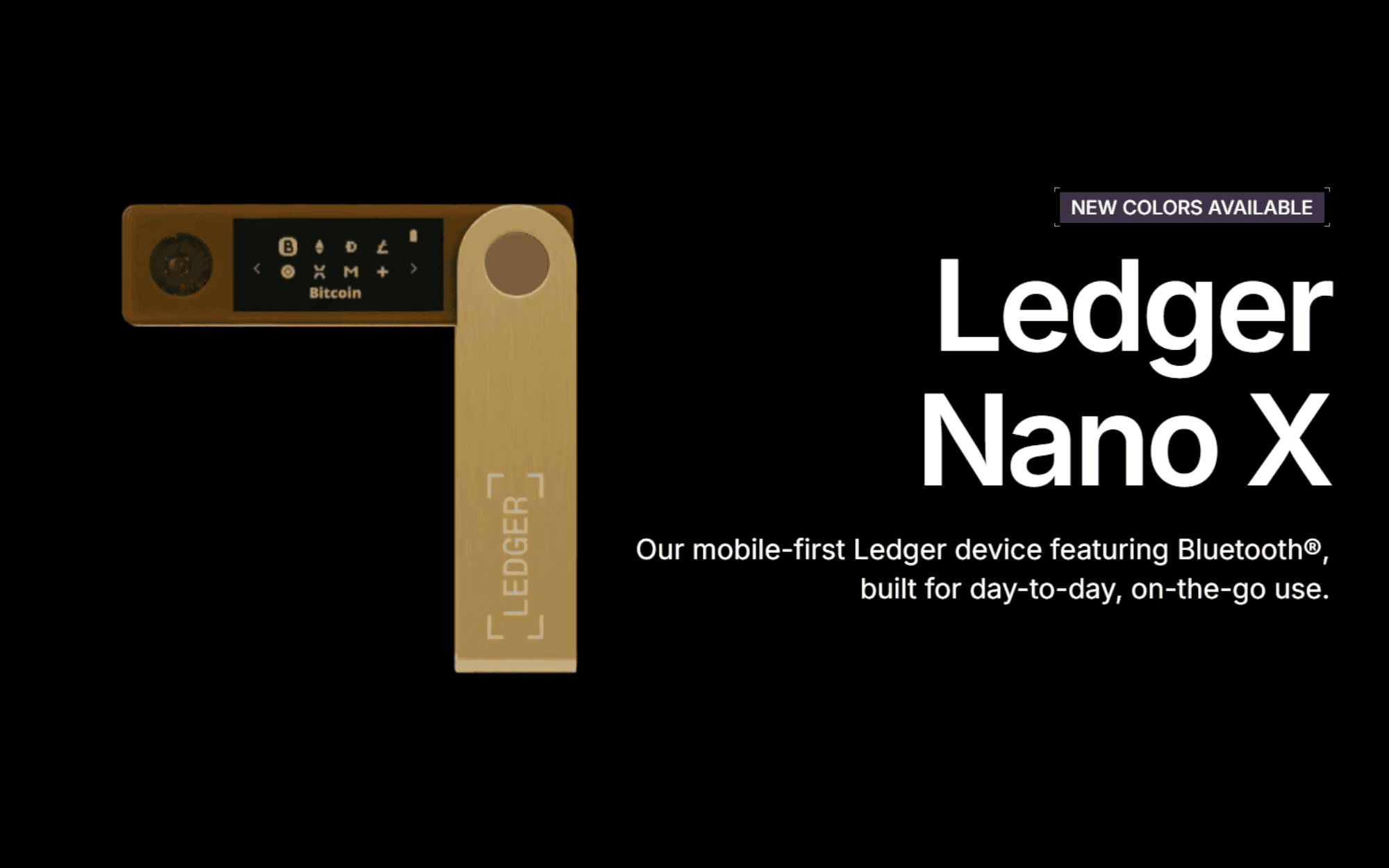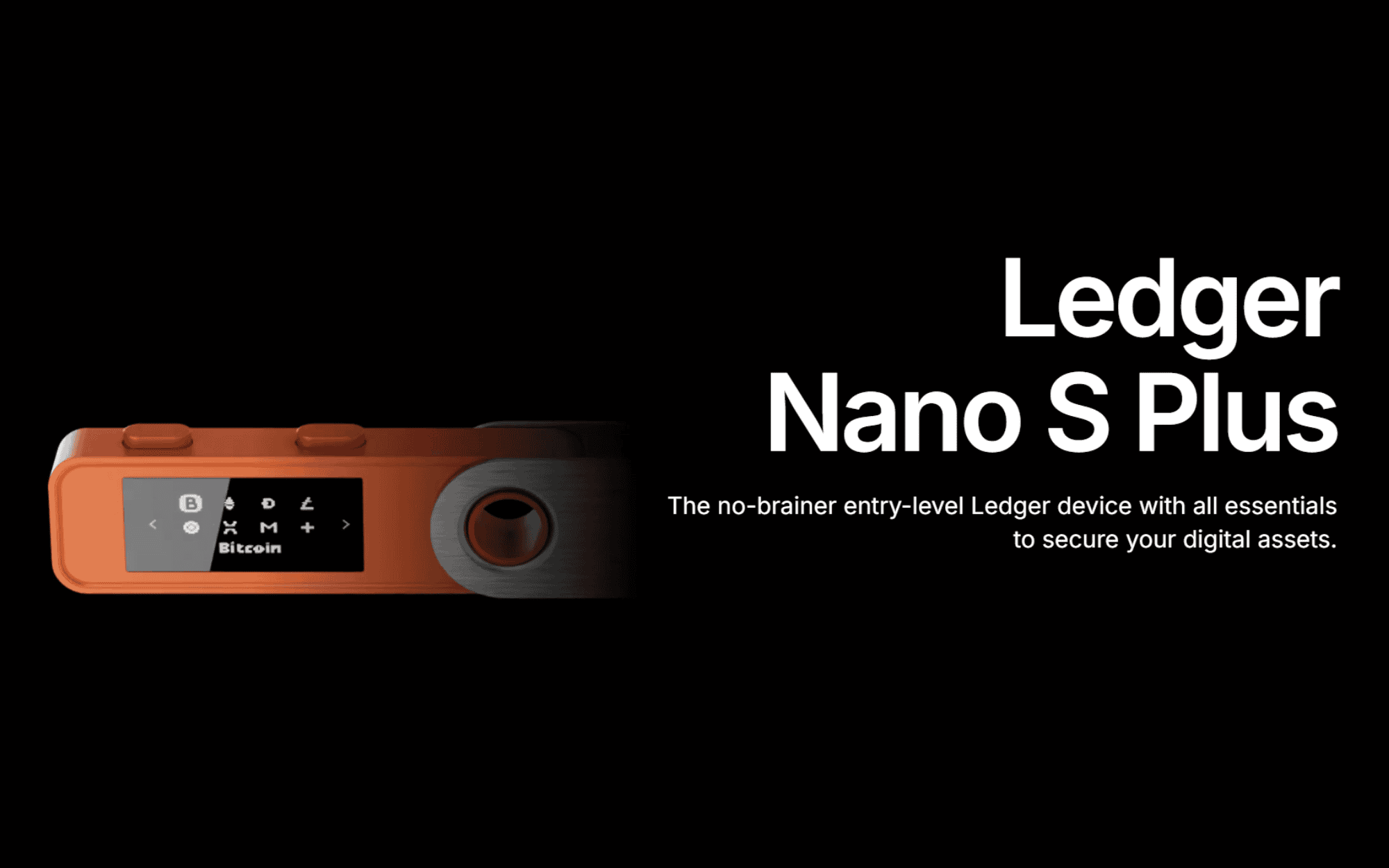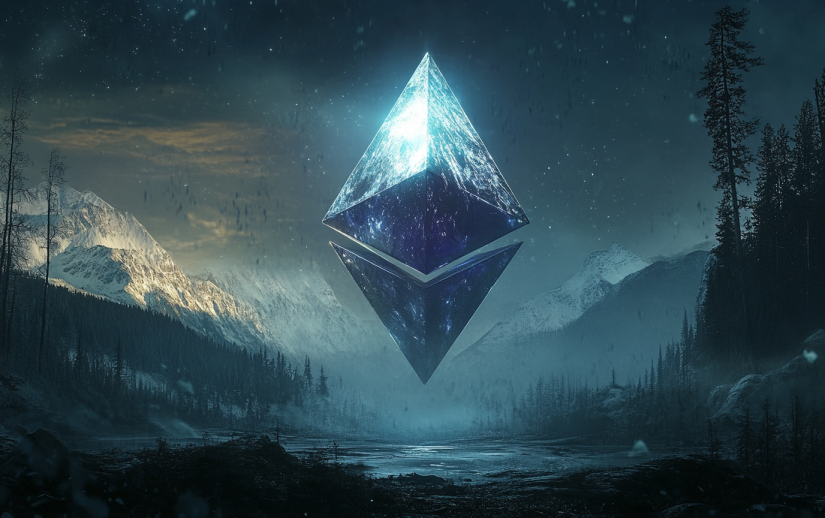In a world where technology and finance intersect, Ethereum has become a beacon of innovation and decentralized applications. Founded by Vitalik Buterin in 2015, Ethereum transcends the traditional role of a cryptocurrency. It serves as a comprehensive platform that harnesses blockchain technology to support a wide array of decentralized applications (dApps) and smart contracts. If you’re curious about what all the buzz is about and want to understand Ethereum in a way that’s clear and engaging, you’ve come to the right place!
Understanding Ethereum
Ethereum operates as a decentralized ledger that does more than just facilitate currency transactions. You might know Bitcoin as the pioneer of cryptocurrencies, but Ethereum provides a foundational layer that developers can use for building decentralized applications, creating digital tokens, and even launching new cryptocurrencies. The platform is powered by its native cryptocurrency, Ether (ETH), which acts as a form of payment for transactions and serves as a reward mechanism for those who help keep the network running.
Key Components
Ether (ETH): This is the cryptocurrency used to fuel transactions on the Ethereum network. Think of it as the gas that powers your car; without it, you can’t go anywhere.
Smart Contracts: These are self-executing contracts written into lines of code. They automatically execute actions based on preset conditions, which allows for seamless transactions and agreements without needing intermediaries.
Decentralized Applications (dApps): These applications built on the Ethereum blockchain offer a range of services, from financial tools and gaming to social networking. What sets these apps apart is their ability to operate without a central authority, reducing the risk of censorship or manipulation.
How Ethereum Works
Ethereum functions through a network of thousands of computers called nodes. Each node maintains a copy of the Ethereum blockchain, so you can think about it as having a massive ledger that’s distributed everywhere. This decentralized structure ensures that transactions are recorded and verified in real-time, allowing developers to create apps that are secure and transparent.
Ethereum Virtual Machine (EVM)
The EVM is the runtime environment for smart contracts. It’s a crucial part of Ethereum that allows developers to write code in various programming languages, primarily Solidity. Because every node on the network executes this code, it guarantees consistent outcomes across the board. If you’ve ever wanted a global bulletin board that everyone could read and trust, the EVM is pretty close to that!
Consensus Mechanism
Ethereum has transitioned from a Proof of Work (PoW) to a Proof of Stake (PoS) system, often referred to as Ethereum 2.0. This shift dramatically improves the network’s energy efficiency and scalability. Rather than relying on miners to validate transactions, validators now lock up Ether as collateral to secure the network. This makes Ethereum greener and more secure—all proactive steps toward a sustainable crypto future!
Applications of Ethereum
The ecosystem surrounding Ethereum is vibrant and dynamic, filled with innovative applications across various sectors:
1. DeFi (Decentralized Finance): Applications like Uniswap allow for peer-to-peer trading without traditional intermediaries like banks or brokers. This opens up financial opportunities for people on a global scale.
2. Stablecoins: These digital currencies are pegged to stable assets like the US dollar, offering a way to minimize price volatility—a huge advantage in the inherently fluctuating world of crypto!
3. NFTs and Gaming: Ethereum is a key player in the booming world of Non-Fungible Tokens (NFTs), enabling decentralized gaming and marketplaces where users can own and trade unique digital assets.
4. DAOs (Decentralized Autonomous Organizations): These organizations operate via smart contracts, where decisions are made through member voting, adding transparency and community governance into the mix.
Why Invest in Ethereum?
You might wonder: why should anyone invest in Ethereum? For many, the answer lies in its pivotal role in the DeFi movement and its versatility for supporting dApps. As projects grow on the Ethereum platform, the demand for Ether tends to increase as well, creating potential value for investors. Additionally, its innovative shift to Proof of Stake enhances the network’s security and diminishes energy costs, making it attractive to environmentally-conscious investors.
It’s also worth noting that the Ethereum community is active and engaged, driving further development and innovation within the ecosystem. This collaboration fosters advancements that could elevate the network’s utility and relevance over time.
Future of Ethereum
As we move further into a digitally interconnected world with the Internet of Things (IoT), Ethereum could be pivotal in automating and securing interactions between devices and people. Imagine smart contracts facilitating trusted transactions, managing data safely, and fostering interactions without the need for centralized control. The potential for Ethereum to influence countless industries—from supply chains to healthcare—is immense!
Some experts even believe that as we explore areas like artificial intelligence and machine learning, Ethereum may set the stage for innovations that integrate these technologies, making our lives more efficient and streamlined.
Conclusion
Ethereum is a dynamic platform that’s reshaping how we think about finance, data management, and software development. Its focus on decentralization and smart contracts creates opportunities for innovation previously thought impossible. Whether you’re a developer looking to build the next big dApp or an investor intrigued by decentralized technologies, the Ethereum platform offers a window into the future of digital interactions.
With all these advancements, it’s essential to stay informed about Ethereum and other cryptocurrency developments. If you want to explore more, head over to our other categories, such as Crypto 101, Exchange Reviews, News, and Tools and Wallets. Happy learning!












